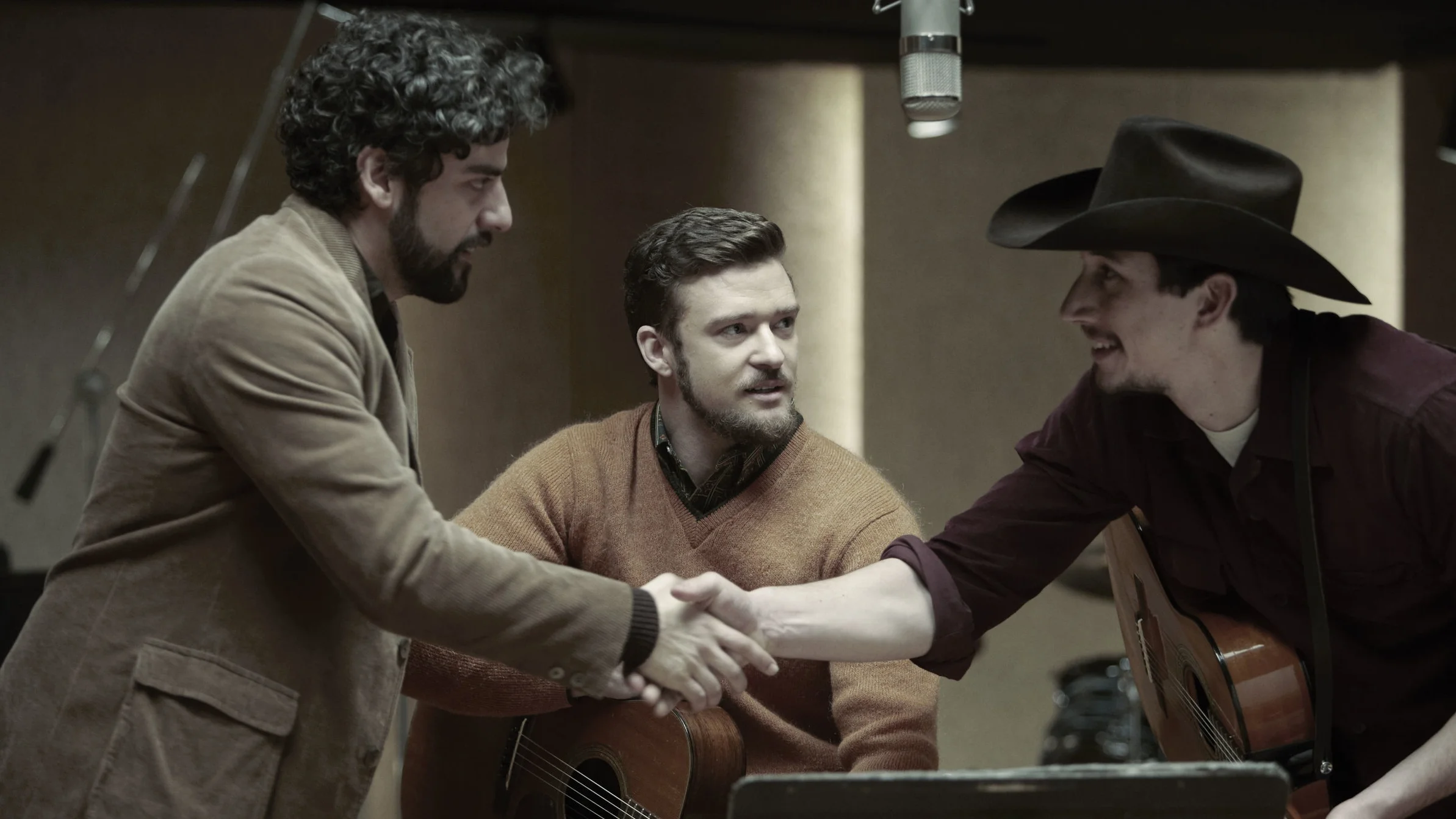I Don't See a Lot of Money Here: The Coen Brothers' Inside Llewyn Davis
The Coen brothers’ Inside Llewyn Davis is, without a doubt, one of their more challenging films. It’s a tough nut to crack. With a plot that doesn’t really go anywhere and characters who refuse to change by the time it’s all over, it can be almost completely inaccessible to casual viewers. Yet, all that seems to serve as a kind of poker face for the film, because with just the slightest analysis, there’s an embarrassment of riches lying just beneath the surface.
Maybe that inaccessibility is part of why the film didn’t play well with the general public upon its “wide” release (which topped just 700 or so theaters across the country) in January of 2014. Though the film won the Grand Prix at Cannes Film Festival in 2013, the lack of widespread success ruined the film’s chances at the big-category Oscar trophies .
But how could the release of the brothers’ follow-up to the hugely successful True Grit be so thoroughly mishandled? Sure, they took a risk casting a relatively unknown actor in the lead, so it wasn’t as bankable on the cast alone, but the Coens themselves should’ve been reason enough to promote this film more. But, when your awards season contender is a cry against the falseness of many people in art-based businesses, like Hollywood, well, that probably doesn’t play great with Oscar voters.
Upon release, some artists from the era said that this film didn’t do justice to the vibrance of the folk scene in New York, and that’s almost certainly because the meaning behind this setting being used runs deeper than that. The bleak, clinical coloring and design doesn’t necessarily always feel true to the time, but that’s due to it being an emotional choice. The depressing atmosphere, which is set by both the visual style and the wry, biting humor of the Coens’ script, sets a feeling of despair that morphs into frustration when it’s contrasted with the beauty of the artistry the characters display. When the film starts with a captivating sequence of Llewyn crooning a lovely song to a packed, smoky room at the Gaslight Cafe, then immediately shifts to a dark scene of him getting beaten in a dirty, dingy back alley, the tone of underlying deception starts with the film itself emotionally manipulating the audience. That shift in mood from such a seductively calm start to violence is so jarring that it puts the viewer on their toes the same way Llewyn has to be in every single interaction with everyone in his line of work.
The first time we see him like this, on edge and ready to fight back, is when he comes to collect a check from his record label. When his manager, Mel, offers his coat instead of any money, Llewyn tries to take it to call his bluff, fighting Mel’s fire with his own. Mel quickly gives up and hands over a check. The thing that differentiates Mel’s deception from Llewyn’s, however, is that Mel is, according to other characters in the film, famous for trying to con musical acts out of their pay, while Llewyn’s fight is literally one for survival. He wants to get by doing what he does best, even though he often views it as a real slog, but the people he works for are working against him every step of the way.
Even when Llewyn finally finds work, it’s not the kind that actually creatively satisfies him in any way. He gets a job tip from a friend, Jim, to sing and play on a song. It’s not a complicated tune; Llewyn just plays chords and sings in unison with Jim instead of any complicated picking or harmonies the way he used to with his old partner. The song is so simple that Llewyn can’t help but condescendingly ask who could’ve created such a thing, accidentally offending Jim in the process. Llewyn makes it work long enough to collect his paycheck for the day, but, to him, the work is empty when it’s without any deeper purpose than simply making money.
But he just can’t make that happen for him, either. After a long, miserable drive to Chicago, Llewyn finally gets his big chance to prove what he’s all about and how he can make great music that’s operating at a different level than everything that’s been asked of him before, but when he gives a nearly transcendant performance, Bud Grossman, another record executive, just replies with one crushing phrase:
“I don’t see a lot of money here.”
But Llewyn returns to New York and, after failing to escape from music back into the safer bet of enlisting in the merchant marines, falls back into his old habits of crashing on his friends’ couches, acting like a jerk, and playing his songs at the Gaslight over and over again. Because even in a world and a time where they might not be understood or accepted, an artist must keep creating and performing as best as they can, no matter what hurdles come along, in faith that one day, their work will be appreciated and understood.














